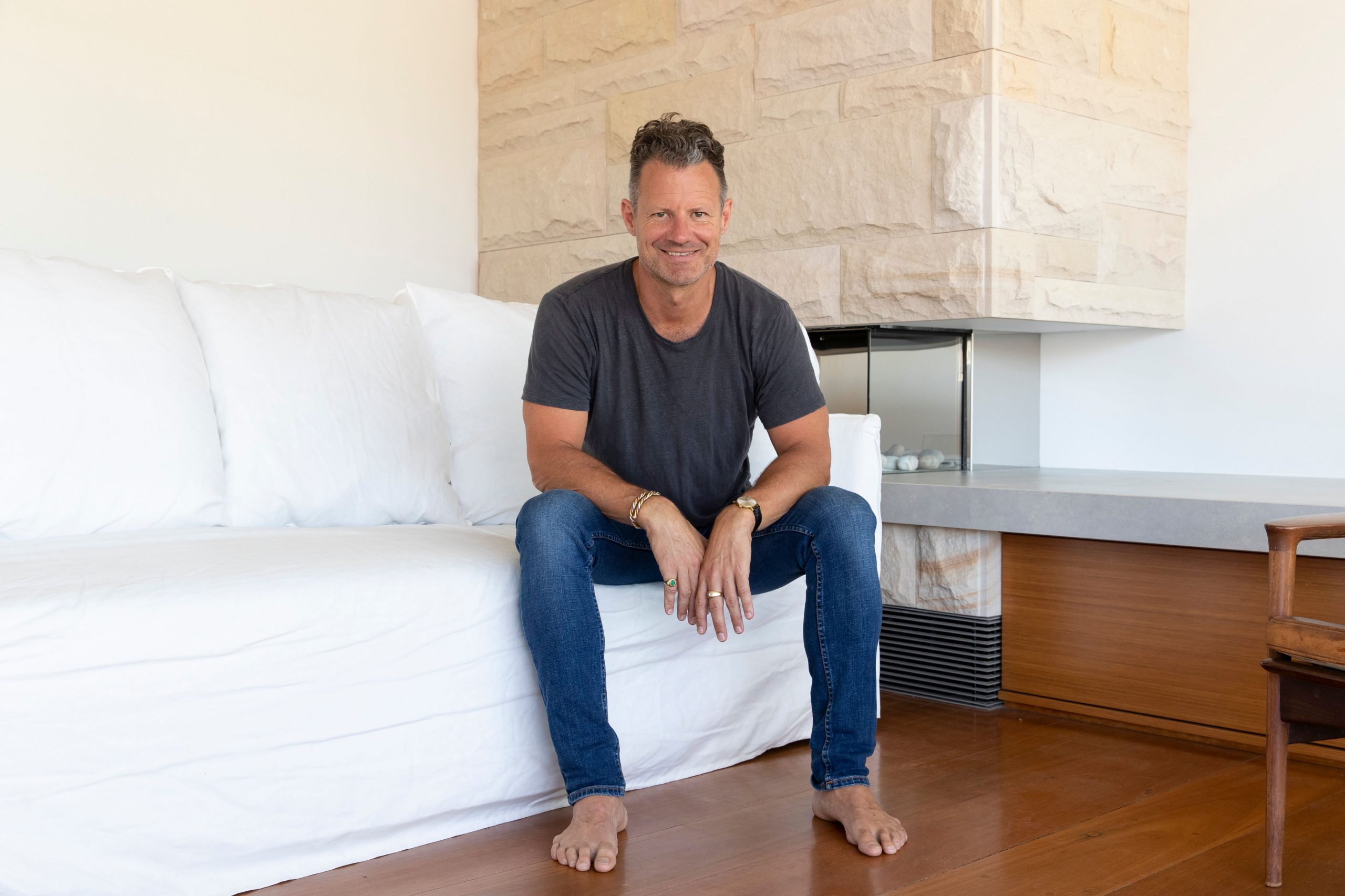Picture your life as a $300m blockbuster movie. Sounds great, right? It really is, except most of us are sitting in the very front row of our conscious cinemas, necks craned, faces squashed up against the screen. We’re stuck in never-ending cycles of stress, anxiety, sleep issues, inflammation, and pain, which affects all areas of our lives.
Pre-COVID, stress was the health epidemic of the 21st century. Burn-out, from poorly managed chronic workplace stress, has been classified by the World Health Authority as a modern occupational phenomenon. Australia’s Productivity Commission estimates that mental illness, including anxiety “costs the economy between $200 and $220 billion a year”.
We’ve lost perspective. Now, what if I told you all you needed to do to relieve some of that pressure, regain perspective, and radically improve your wellbeing, was simply move back a few rows in your cinema? Sounds simple? The right meditation practice can do that for you.
Life isn’t slowing down. So discovering some straight-forward techniques to help us cope with the constant demands on our time and (head)space is vital. Vedic Meditation, which can be seamlessly integrated into even the most demanding lives and busy households, can play an immensely powerful role in this process. Because who has the time to meditate in a monastery, anyway?
Newsflash, you are not a monk
Many of the techniques that people try to learn today – think guided meditation, Buddhism, Qigong – come from ritualistic, ancient monastic and temple-based meditation traditions. They all have their place however the majority of us are not monks, rising daily at 4am for the first of many hours of meditation each day. We don’t have communities of loyal disciples preparing our meals and so on, so that we can focus exclusively on lives of inner peace and quiet contemplation.
It’s one of the reasons skeptics will say that meditation is too hard. Or they’re too busy. Or they’re too easily distracted. If this sounds familiar, you may also recognise a fear of failing, which helps you justify giving up or never even trying, all of which affirms your view of meditation as ‘other’.
What is householder meditation?
We’re ‘householders’; regular people with busy, complex lives involving careers, kids, ageing parents, community work, and other commitments. Trying to learn a technique that was not designed for us just isn’t feasible.
Instead, we can adopt a technique that is designed for our busy, demanding lives. And not just in time (say 20 minutes, twice a day) but also space. Vedic Meditation is a technique you can practice anywhere; in the car, in a cafe, outside school. It gives you permission to create a little bit of space in the very thick of your busy life, with not an incense stick in sight.
The myth of ‘I don’t have time’
‘I don’t have time to meditate’ is one of the most popular and misguided meditation myths. When we’re tired and stressed, everything feels hard, and we can be easily frustrated by even the smallest changes to our daily routine or circumstances. ‘I don’t have time’ comes inherently from a place of stress and fatigue.
On the contrary, if we make time for our minds and bodies to come to a place of quiet calm, we’re going to release a lot of fatigue and stress. It’s why regular meditators will say the exact opposite; ‘I’m so productive, I have more space in my mind and life. I have so much time.”
One of my recent students, a very successful woman who was enormously abundant in the material world but was suffering to the point of physical illness. She was also guilt-ridden about taking any time out to rest and heal.
Another student, a dynamic and successful real-estate executive, was working 70+ hours a week. He experienced migraines, his body was inflamed, and he was stressed. Having learned to meditate, he now works 30–40-hour weeks, his business turnover has doubled, his team has expanded, and he leads a healthier, happier life, and no more migraines.
Yet once we give ourselves permission to regularly stop for just 20 minutes, we not only release fatigue and feel physically better, other areas of our lives are quickly transformed. Both these clients have put up some boundaries and committed to the practice, and not surprisingly started experiencing enormously positive changes in their lives..
The word meditation stems from the Latin ‘meditatum’ which means, literally ‘to ponder.’ It’s that simple. Anywhere, anytime, take a step back and some time out and you’ll see – your conscious cinema is already screening the best movie of your life.








